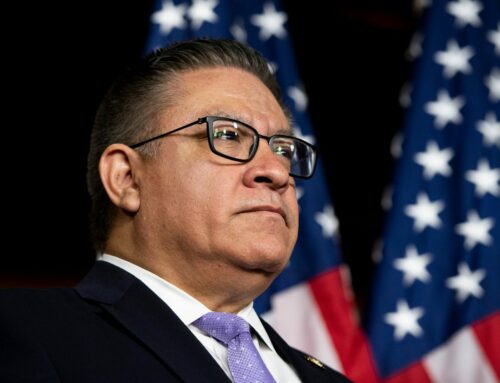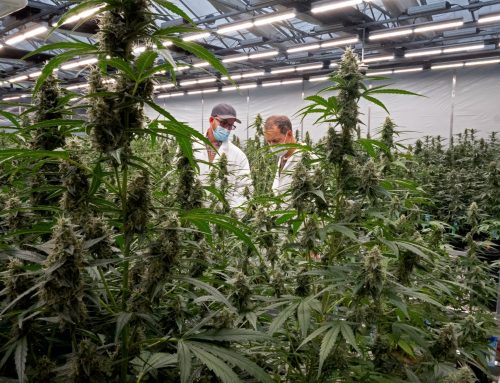Australian Study Reveals Increase in Medicinal Cannabis Prescriptions for Psychiatric Disorders
LOS ANGELES– Recent study conducted by the Lambert Initiative for Cannabinoid Therapeutics at the University of Sydney has shed light on the growing utilization of medicinal cannabis (MC) prescriptions for the treatment of psychiatric disorders in Australia.
The study, which analyzed data from November 1, 2016, to September 30, 2022, sourced from the Therapeutic Goods Administration (TGA), focused on prescribing practices under the Special Access Scheme B (SAS-B), the primary legal pathway for accessing medical cannabis in the country.
The comprehensive dataset encompassed patient demographics, prescriber locations, MC product types (including oil, flower, or capsule), and the general cannabinoid content of these products.
Over the examined period, approximately 300,000 SAS-B approvals for medical cannabis prescriptions were granted, with 38 different psychiatric conditions as defined by the Diagnostic and Statistical Manual of Mental Disorders (DSM-5-TR) being treated. Surprisingly, these approvals accounted for nearly 34% of the total number of prescriptions.
Anxiety disorders constituted the majority of psychiatric-related prescriptions, representing approximately 67% of the total. This was followed by sleep-wake disorders, trauma- and stressor-related disorders, and neurodevelopmental disorders. Among the various product types, medical cannabis oils were the most commonly prescribed (53.0%), followed by flower (31.2%) and other inhaled products (12.4%).
Notably, CBD-dominant products made up around 20% of the total prescriptions and were particularly prevalent in the treatment of autism spectrum disorder. However, the study observed a significant increase in the prescription of medical cannabis for attention deficit hyperactivity disorder (ADHD), despite the lack of definitive clinical evidence supporting its efficacy in treating such conditions.
Of concern was the prevalence of tetrahydrocannabinol (THC)-containing products, given the potential psychiatric complications associated with this substance.
The researchers emphasize the urgent need for evidence-based clinical guidelines regarding the use of medical cannabis in psychiatry. The study highlights the “experimental” prescribing practices for conditions like ADHD and depression, which lack sufficient clinical support for the efficacy of medical cannabis.
“While there is prescribing occurring for various psychiatric indications, there is limited high-quality evidence of efficacy to support these prescriptions,” explained Dr. Elizabeth Cairns, the lead researcher of the study. “The key issue here is not that the evidence shows cannabis products don’t work, but rather that high-quality studies supporting current prescribing practices have not been conducted.”



































